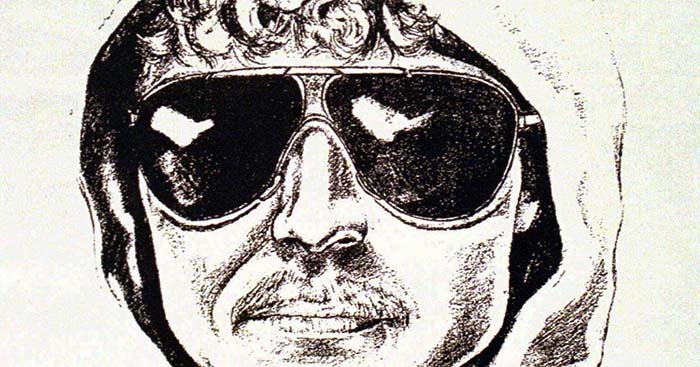Has anyone ever told you, “You can’t have your cake and eat it too!” This always baffled me. What’s the point of having a cake if you can’t eat it? Even Marie Antoinette understood that cake is for eating, and gosh-darn-it she wasn’t going to get in the way of anyone enjoying cake if they wanted to.
Let Them Eat Cake
But actually not really. Though we often attribute the phrase, “Let them eat cake”, to Marie Antoinette, that’s a bunch of bull. The phrase first appeared in Jean-Jacques Rousseau’s Les Confessions, published in 1782. In Book VI of his autobiography, Rousseau tells of a time in his life when he lived in a sort of genteel poverty. He had wine, but he needed bread to go with it. But a gentleman could not be seen buying his own bread. As an aside, Rousseau recalls an apocryphal story about a “great princess”:
“At length I recollected the thoughtless saying of a great princess, who, on being informed that the country people had no bread, replied, ‘Then let them eat pastry!'” 1
Then he considers buying some pastries instead. That’s it. Just one witty aside in a long autobiography of…some guy. Rousseau never mentions Marie Antoinette by name, because he wasn’t talking about her. Marie Antoinette was only 11 years old in 1767 when he wrote the section of his autobiography. And she wasn’t even living in France. Nor is there any evidence that the “great princess” was anyone at all. It may have already been a folk idiom at the time he wrote it. Or he probably just made it up because it sounded witty.
Eat Your Cake and Have It Too
So let’s say you finally have some cake. Well, the old proverb goes, “You can’t have your cake and eat it too.’ So now you’ve got to deal with whether or not you’re allowed to eat that cake. This confusion comes from interpreting the ‘having’ and ‘eating’ of cake as sequential acts rather than concurrent ones. In contemporary English we say, ‘You can’t have your cake and eat it too’. But when we phrase it like this, it makes people think first you have the cake, and then you eat the cake. That’s not asking too much is it?
Well, in early accounts the phrase was reversed. The Proverbs of John Heywood, first published in 1598, includes one of the earliest uses in English. Heywood’s quote reads, “Would yee both eat your cake, and have your cake?” 2 This implies that once you have eaten the cake, you can no longer possess the cake. It’s gone.
And there are even earlier attributions in other languages. The Roman playwright Plautus wrote, “Non tibi illud apparere si sumas potest” in 194 BC. In English that would read, “If you spend a thing you cannot have it”.
The Unabomber’s Manifesto
This archaic use of the phrase was actually used in identifying Ted Kaczynski as the Unabomber. In 1995 an anonymous man known to the FBI as “The Unabomber” (because he bombed universities and airlines) submitted a rambling 35,000-word manifesto to the Washington Post and the New York Times. One section reads:
“As for the negative consequences of eliminating industrial society—well, you can’t eat your cake and have it too. To gain one thing you have to sacrifice another.” 3
The manifesto was intellectual but also pedantic—much like the Harvard graduate Ted Kaczynski. With the help of Kaczynski’s brother, David, the FBI were able to identify Ted as the writer of the manifesto.
James Fitzgerald, forensic linguist for the FBI, stated that when coming across the reversed phrase in the manifesto, “He technically had it right and the rest of us had it wrong. It was one of the big clues that allowed us to make the rest of the comparison.” 4
Of course grammatical pedants will argue Fitzgerald’s use of the word “wrong”. But in any case, the current “have your cake and eat it too” certainly presents an issue of grammatical correctness vs stylistic correctness. While the sentence is grammatically correct and—if interpreted in a particular way—logically correct, it is still stylistically unclear. So if you also were confused by this saying, try switching your clauses. And breathe easy knowing that no one will stop you from eating cake.
But remember: once you eat it, it’s gone.
- Rousseau, Jean-Jacques | Book VI | Les Confessions | 1782
- Heywood, John | The Proverbs of John Heywood | 1598
- Kaczynski, Ted | “Industrial Society and Its Future” | Washington Post | 1995
- “CSI: Language analysis unit“| Washington Times | 2006

